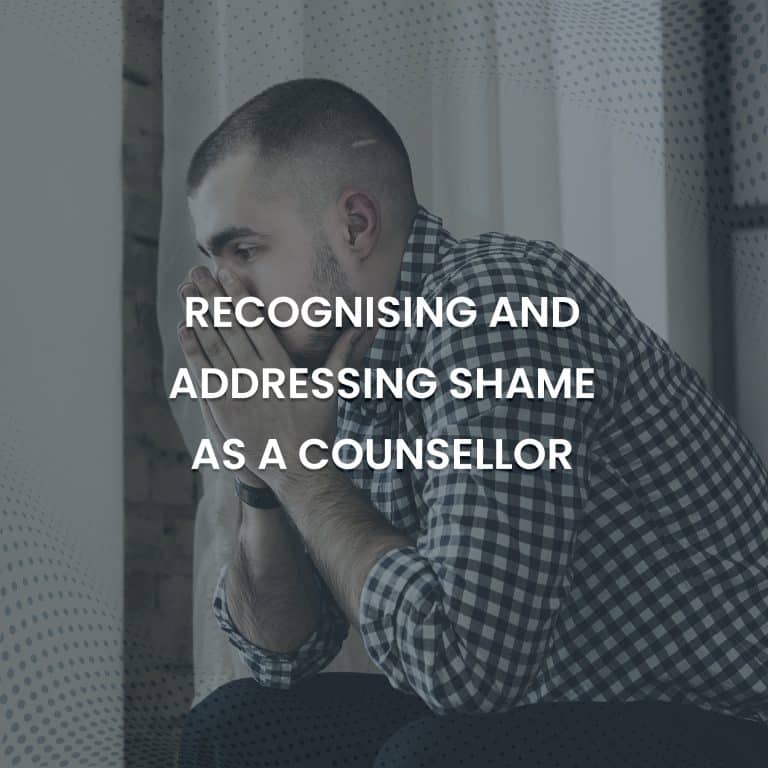
A scope of practice is a profession’s full spectrum of roles, responsibilities, actions, and decision-making capacity that individuals within that profession are authorised to carry out. Scope of practice is the area in which you as a counsellor can practise in a competent, safe, and lawful way that adheres to counselling standards and does not pose any danger to the public or yourself.
To work within that area as a counsellor, you must commit yourself to reaching and maintaining the standards of the profession. Those standards are met from acquiring experience, knowledge, and the ability to apply them in your practice. Therefore, your qualifications inform your scope of practice, they provide you with the learning and skills needed to be a practising counsellor. Education and continued professional development are how counsellors broaden and deepen their knowledge throughout their career. Developing your professional qualities will maintain your ability to effectively work within your scope of practice.
Working within your limits
Counsellors have a responsibility to be aware of the regulations of their practice and their limits, the extent of their training and experience, then work within those boundaries. As stated in the CPCA’s Code of Ethics and Practice, “counsellors must give thoughtful and careful consideration to the extents of and limitations of their training and experience, and work within these limits.” You must consider whether your client’s issues fall outside your area of expertise and knowledge, as well as other factors such as the client’s behaviour, how you react to it and if you have difficulties with specific issues because you have a personal connection to them.
The reasons for staying within your scope of practice should be clear. You have a duty to people seeking help and services to not mislead, misguide or misdirect them in that pursuit. To do so is an extremely serious ethical breach that increases the likelihood of harm being caused to the client and you will damage your credibility. When presented with something outside of their scope, counsellors must make a referral to a relevant practitioner that is fully qualified to help the client.
Your scope of practice cannot address every need, there will be times when it is necessary to seek advice or services. Referrals allow clients to access other areas of expertise and specific information and help more suitable for them than what you can offer. This is not a sign of failure; you are responding to the specific needs of the client and their concerns being properly addressed is always the highest priority.












